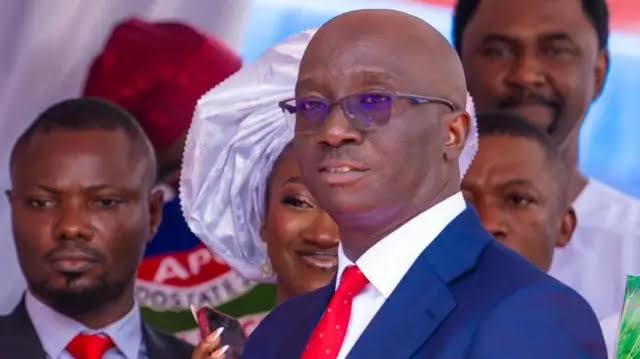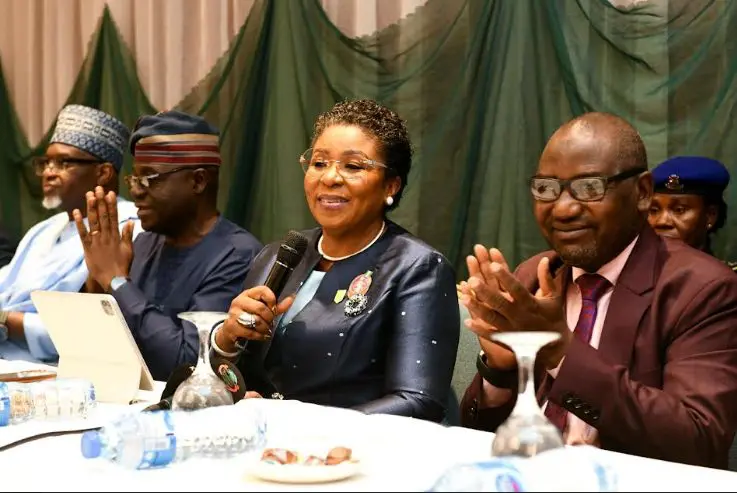President of the Association of Certified Fraud Examiners, Lagos Chapter, Dr Titi Fowokan, has called for a review of the National Tax Policy (NTP) to align it with the ongoing tax reform and re-evaluation of the cross-border tax regime.
Fowokan, a tax expert, spoke in response to the recent 2024 African Caucus Meeting hosted by Nigeria in Abuja, where leaders brainstormed on the major challenges and strategies for fostering inclusive growth and sustainable development in Africa.
On the potential tax implications of new economic agreements, she said, Nigeria would have to review the treaty network with African countries, which at the moment is with only South Africa.
She said any new agreements or partnerships that do not have the immediate impact of reducing the level of inflation in the country, promoting productivity, creating employment and reducing the debt profile would not have a positive tax impact on the country.
She said the review of tax systems across Africa under the African caucus meeting through tax reforms was targeted at blocking loopholes and entrenching transparency in economic activities across national borders with the drive for voluntary tax compliance and impact on tax collection.
On how the African caucus meeting influenced tax reform in Nigeria, Fowokan said the policies discussed would go a long way to address African problems the African way.
According to her, most of the policies adopted from developed economies do not consider African peculiarities as developing nations. She maintained that opening the doors for intra-African trade and revisiting the use of the U.S. dollar as the currency of exchange within Africa would help reduce the pressure on Nigeria’s foreign exchange requirements and the skyrocketing exchange rates to the Naira.
She said global cooperation among African countries would help block revenue leakages from Africa through shifting of profits through base erosion, thus actualising BEPS within the African continent.
The tax expert stressed that as African nations increase trade activities, building capacity is enhanced, and the over-reliance on foreign direct investment will gradually increase.
According to her, this will have a positive impact on the tax reforms under consideration in Nigeria.
“Encouraging investment flows within Africa will become a focal point to minimise the use of Africa as a dumping ground for foreign goods. It will also promote employment and regional cooperation within African regions. The heavy reliance on imported goods will be under control to gradually change the taste of Nigerians towards African-made goods. For these to be achieved, the policies need to consider reciprocal treatment amongst African countries especially to encourage investments flow across Africa,” she said.
Speaking on what tax strategies Nigeria could adopt to attract more foreign investment, as discussed in the caucus, the certified fraud examiner said Nigeria should re-evaluate the attraction of foreign investments to focus on only critical economic sectors that have potential but are untapped.

 3 months ago
54
3 months ago
54















 English (US) ·
English (US) ·